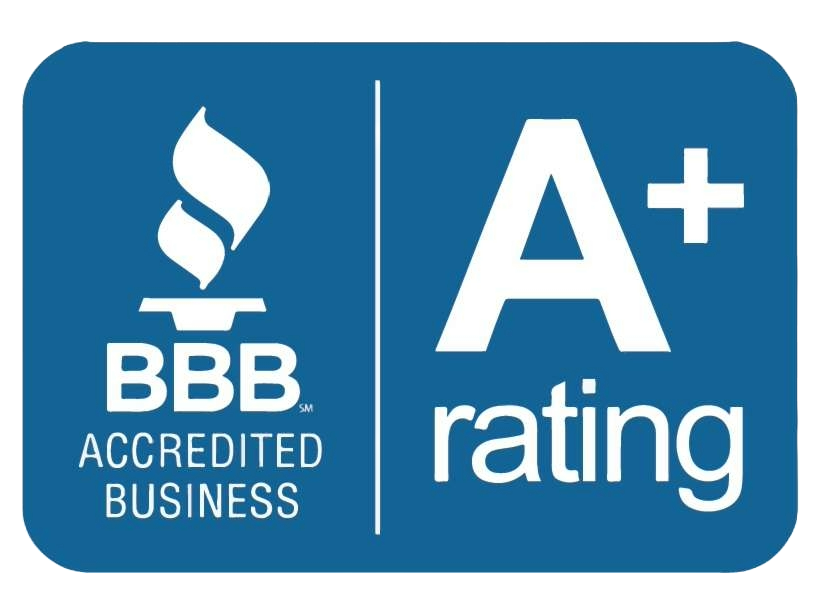
Home sales usually fall into one of three main categories: traditional sales, short sales, and foreclosures. For buyers, each has pros and cons, though generally speaking the cheaper properties are short sales and foreclosures. But if you’re a buyer, you need to keep in mind that these properties are usually cheaper for a good reason. The best route for you depends on your financial situation and your goals, especially whether you’re buying the property live in or as an investment. Let’s take a look, then, at traditional sales vs. short sales and foreclosures in Baltimore, MD.
Traditional Sales
This is what first comes to mind for most of us when we think about real estate transactions: traditional sales involve a seller and a buyer who come to an agreement on a specific price for the property. The seller, typically in a stable financial situation, has decided to sell based on personal or market-driven reasons, such as downsizing, relocating, or seeking a new opportunity. In these cases, the seller is not under any external pressure to sell the property quickly or for less than its value. In contrast, a short sale or foreclosure situation, which is more common in distressed markets like Baltimore, MD, usually involves a seller who is facing financial difficulties and is often compelled to sell due to a lender’s intervention. These distressed sales often come with unique challenges and pricing considerations for both parties, as the lender has to approve the sale terms. Unlike traditional sales, where both sides are negotiating from a position of choice, these types of transactions are usually influenced by external forces and can present opportunities, but also risks, for buyers.
Short Sales
With short sales, the money from the sale isn’t enough to fully cover the amount owed on the property, hence the term “short.” Because the seller has to get the lender to approve the sale price, there is nothing “short” about the time it takes for a short sale to be finalized. In fact, the process can drag on for months as the lender carefully reviews the offer, negotiates the terms, and assesses whether the sale is in their best interest. A short sale essentially allows the seller to avoid the damaging consequences of foreclosure by selling the property for less than what is owed on the mortgage, but it comes with a lot of red tape. The lender is often not eager to approve a sale unless the financials align, which can delay the process further. For buyers, the wait can be frustrating, but for those who are patient and willing to navigate the complexity of the transaction, short sales can present significant opportunities. These deals may offer lower purchase prices compared to market value, which could result in a substantial return on investment, particularly if the property is in a desirable location or has potential for improvement. However, buyers should be prepared for the possibility of additional negotiations, complications, or even the deal falling through if the lender does not approve the terms.
Foreclosures
If a homeowner fails to make mortgage payments, the lender can issue a foreclosure notice, which states that the property will go into foreclosure after 90 days. If the payments aren’t brought current or payment arrangement isn’t made, the property goes to auction where individuals and companies can bid on it (usually with a set minimum bid). Often, the lender will take the property back with the intention of reselling it.
Typically, foreclosures are great for buyers looking for good deals, but the complexities of the transaction can be pretty daunting. In fact, it can get downright ugly at times because people are being forced to give up their home. Owners are sometimes forced into foreclosure sales owing to things completely out of their control like an extended illness, job loss, or divorce.
Foreclosure can be painful for the homeowner, but good news for the deal-hunting buyer. The bright spot for sellers is that they can exclude canceled debt from their income tax returns, and they no longer have to make mortgage payments. The entire process can take several months, and the house is theirs until everything is finalized.
Observations About Short Sales and Foreclosures
Short sales in Baltimore, MD typically take a lot longer to close than traditional sales, requiring complex documentation and extended back-and-forth between the seller and lender. If you make an offer on a short sale, it not only has to be accepted by the seller but also has to be submitted to and approved by the lender (who is taking a loss). If your offer isn’t approved, then you’ll have to restart the whole process. As a result, short sales usually take three to six months to complete while foreclosures usually close within 30 to 45days of an offer’s being accepted.
Another important aspect to keep in mind is that short sale and foreclosure properties are often vacant for long periods and frequently in disrepair. In addition, these properties almost always must be purchased as-is. The good news here for buyers is that if you’re willing to invest a little in repairs and put in a little elbow grease, you can get a great deal on these properties.
Traditional sales vs. short sales and foreclosures in Baltimore, MD – which one is right for you? Again, it depends primarily on your purpose in buying the property, what you intend to do with it. It also depends on whether you’re willing to play the waiting game and are prepared to take on a distressed property. In such a situation, it’s best to lean on the expertise of a qualified real estate professional. And we’re prepared to provide the guidance you may need. Call us today at (410) 989-5200!
Interested in Baltimore, MD short sales or foreclosures? We can help! Contact us today for more information! (410) 989-5200


